Glasgow Climate Pact an important step but not enough: Antonio Guterres
Tue 16 Nov 2021, 13:09:05
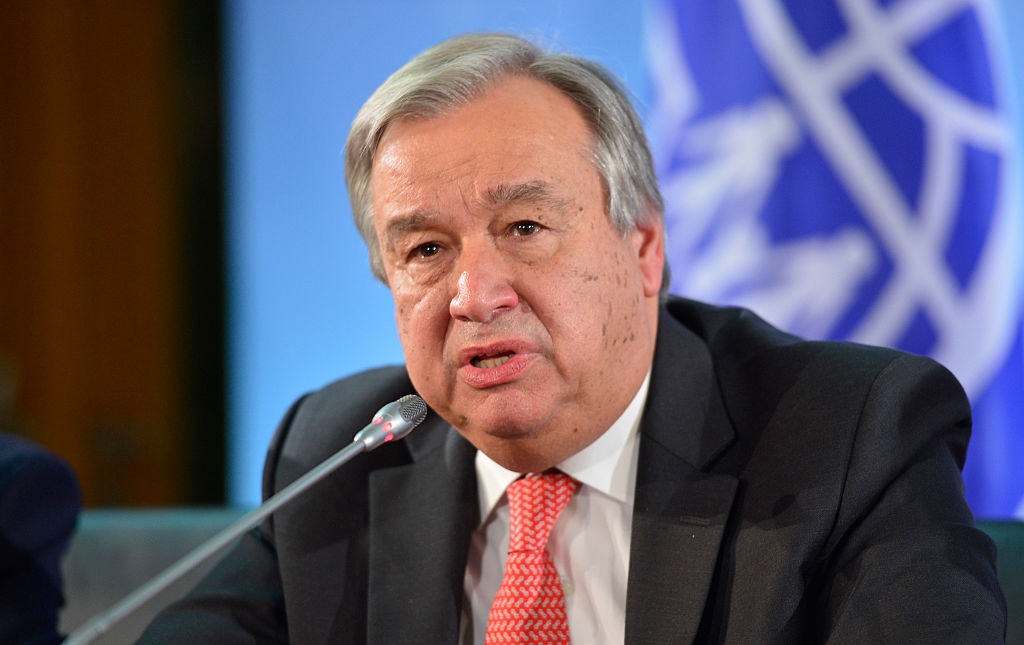
Nearly 200 countries adopted an outcome document at the COP26 in Glasgow on Saturday, November 13. As per United Nations (UN) Secretary-General Antonio Guterres, the Glasgow Climate Pact “reflects the interests, the contradictions, and the state of political will in the world today.”
In a video statement at the close of the two-week meeting that was extended for a day, Guterres said, "It is an important step but is not enough. We must accelerate climate action to keep alive the goal of limiting global temperature rise to 1.5 degrees.”
As per the UN Chief, it is time to go "into emergency mode", ending fossil fuel subsidies, phasing out coal, putting a price on carbon, protecting vulnerable communities, and delivering the $100 billion climate finance commitment.
"We did not achieve these goals at this conference. But we have some building blocks for progress," he said. Guterres also had a message to young people, indigenous communities, women leaders, and all those leading the charge on climate action.
"I know you are disappointed. But the path of progress is not always a straight line. Sometimes there are detours. Sometimes there are ditches. But I know we can get there. We are in the fight of
our lives, and this fight must be won. Never give up. Never retreat. Keep pushing forward," he said.
our lives, and this fight must be won. Never give up. Never retreat. Keep pushing forward," he said.
The outcome document, known as the Glasgow Climate Pact, calls on 197 countries to report their progress towards more climate ambition next year, at COP27, set to take place in Egypt. The outcome also firms up the global agreement to accelerate action on climate this decade.
However, COP26 President Alok Sharma struggled to hold back tears following the announcement of a last-minute change to the pact, by China and India, softening language circulated in an earlier draft about "the phase-out of unabated coal power and of inefficient subsidies for fossil fuels".
As adopted on Saturday, that language was revised to "phase down" coal use. Sharma apologized for "the way the process has unfolded" and added that he understood some delegations would be "deeply disappointed" that the stronger language had not made it into the final agreement. By other terms of the wide-ranging set of decisions, resolutions and statements that make up the outcome of COP26, governments were, among other things, asked to provide tighter deadlines for updating their plans to reduce emissions.
No Comments For This Post, Be first to write a Comment.
Most viewed from International
Most viewed from World
AIMIM News
Latest Urdu News
Most Viewed
May 26, 2020
Do you think Canada-India relations will improve under New PM Mark Carney?
Latest Videos View All
Like Us
Home
About Us
Advertise With Us
All Polls
Epaper Archives
Privacy Policy
Contact Us
Download Etemaad App
© 2025 Etemaad Daily News, All Rights Reserved.


.jpg)


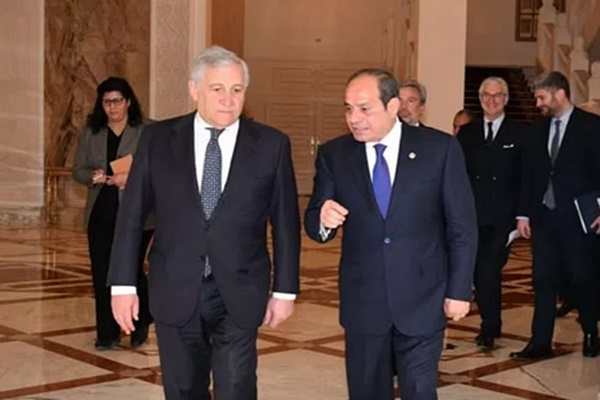
.jpg)
.jpg)
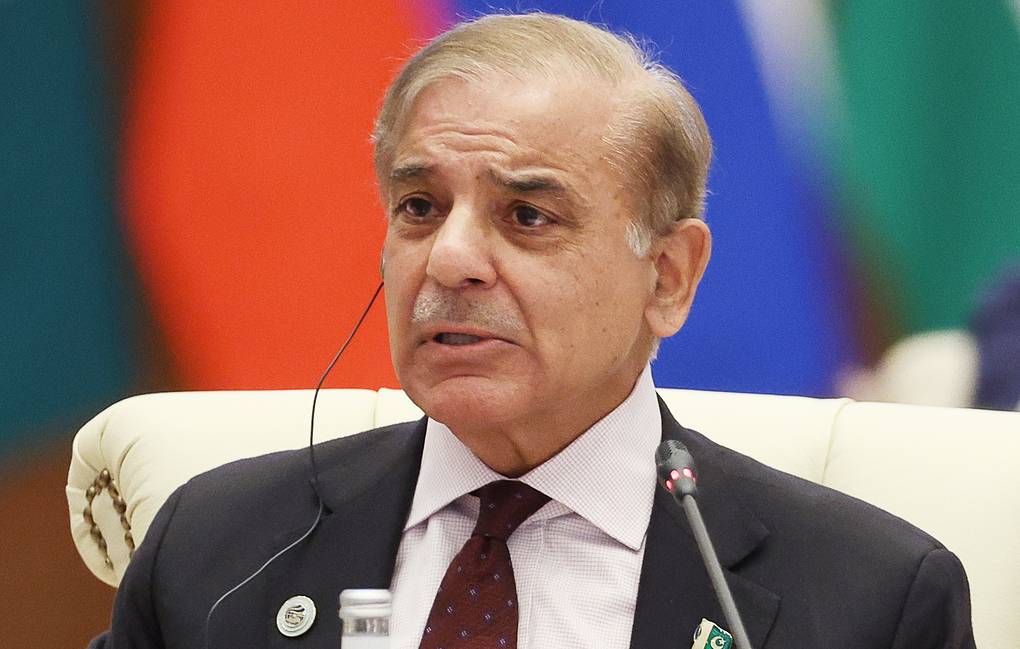
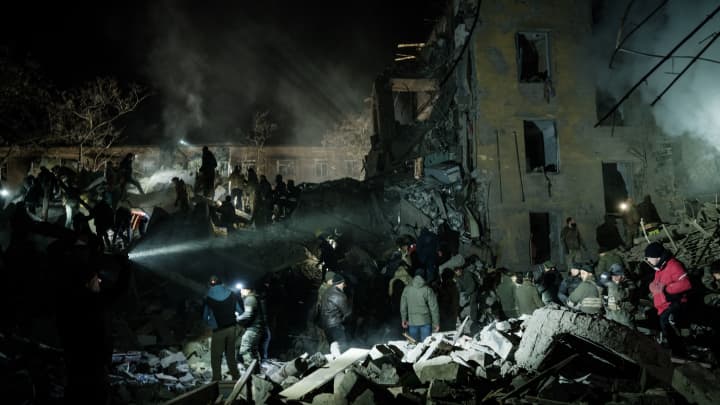
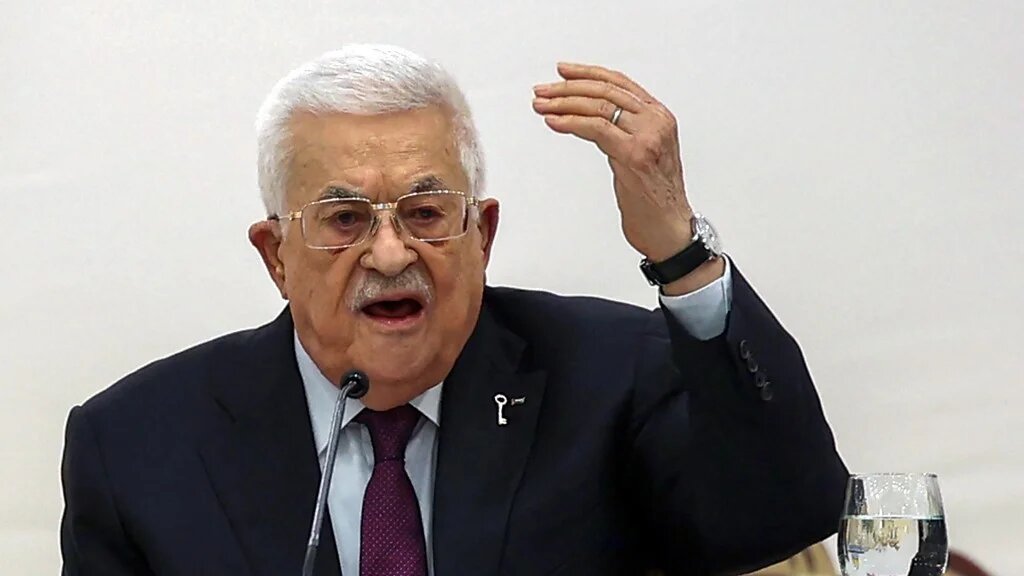
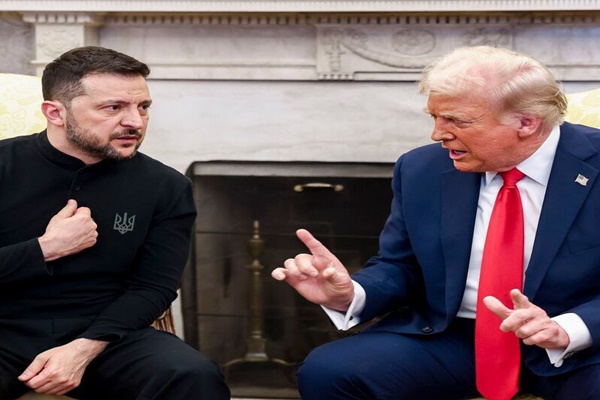
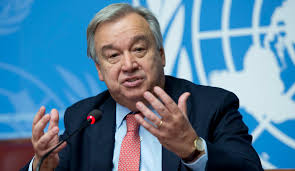
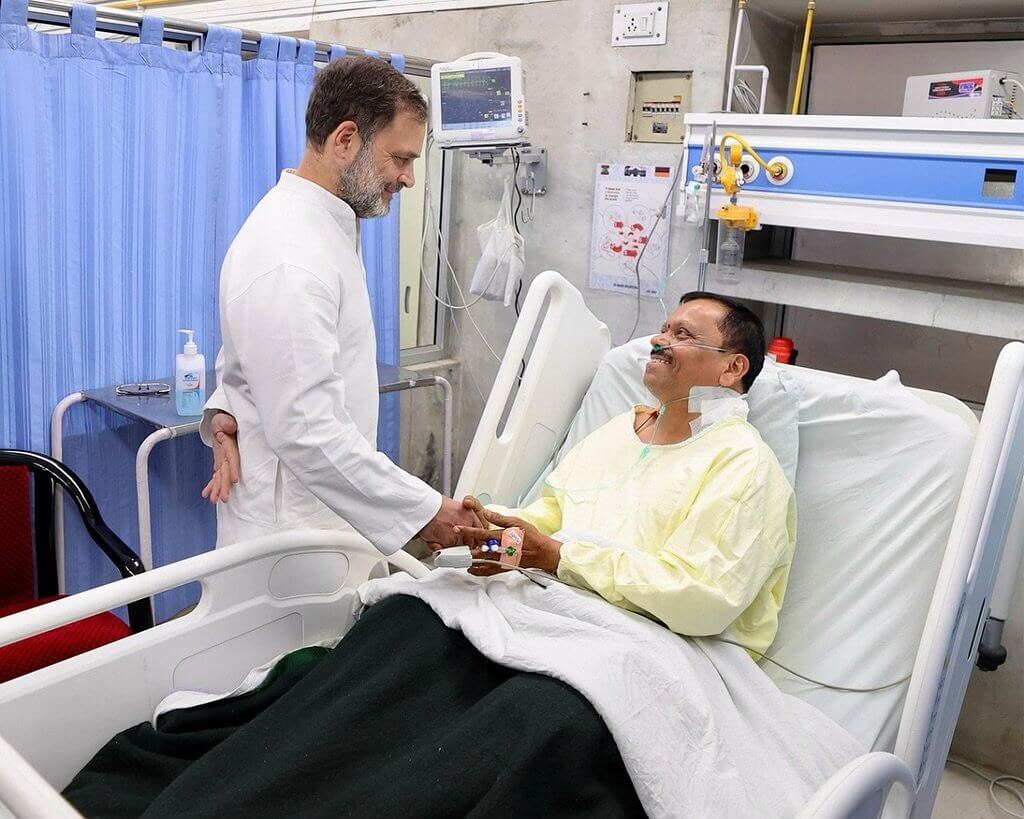
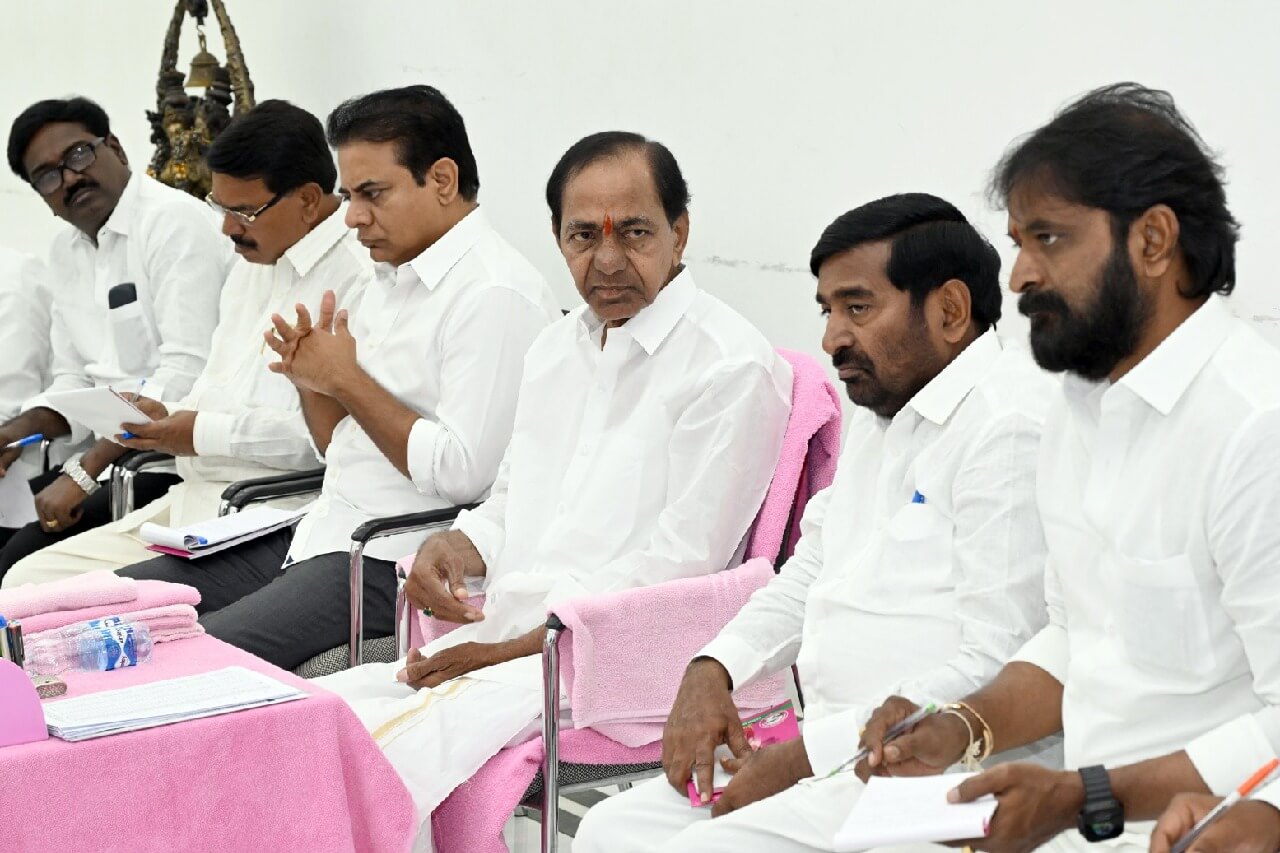
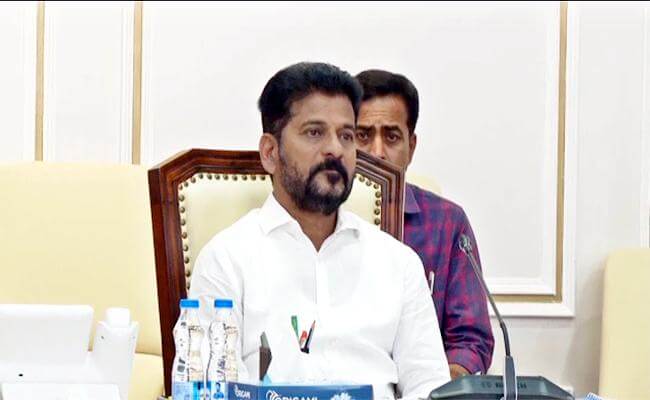
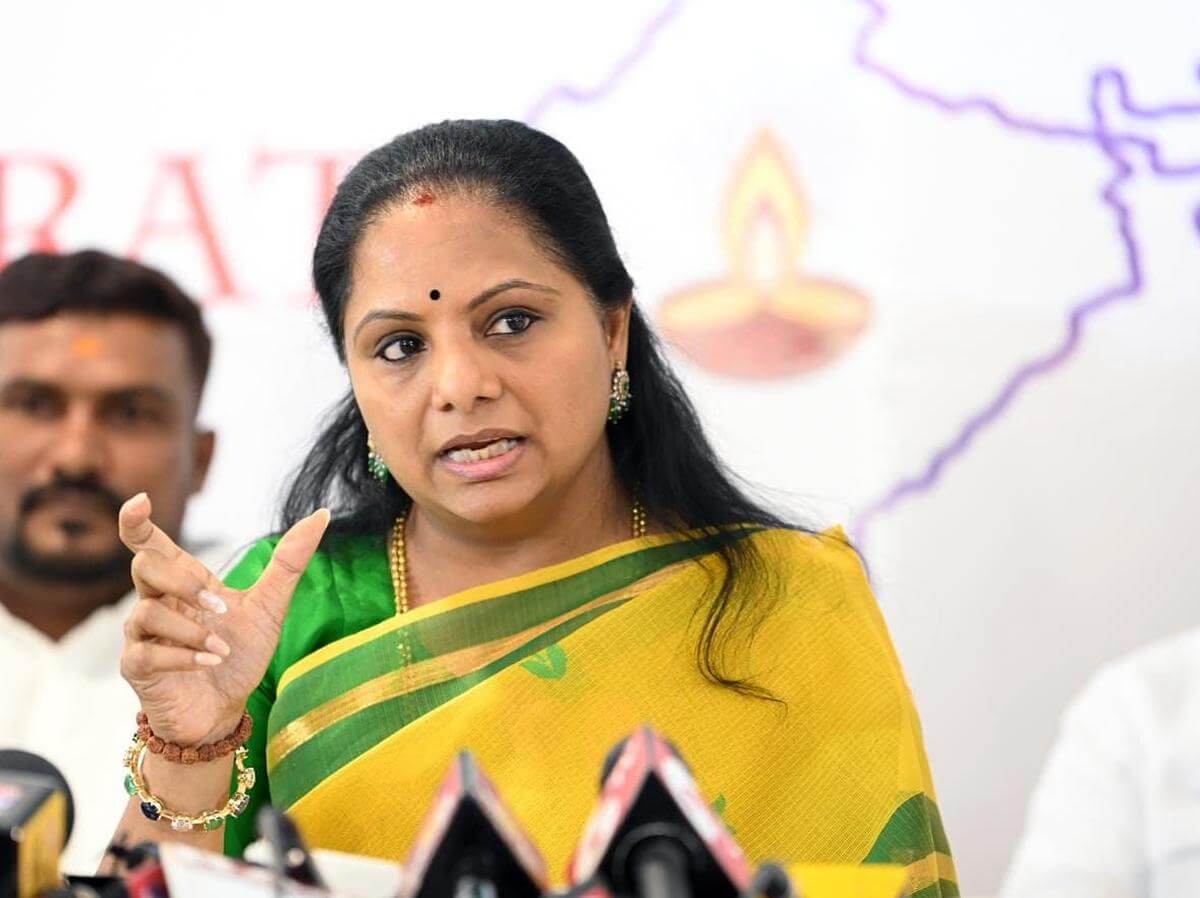
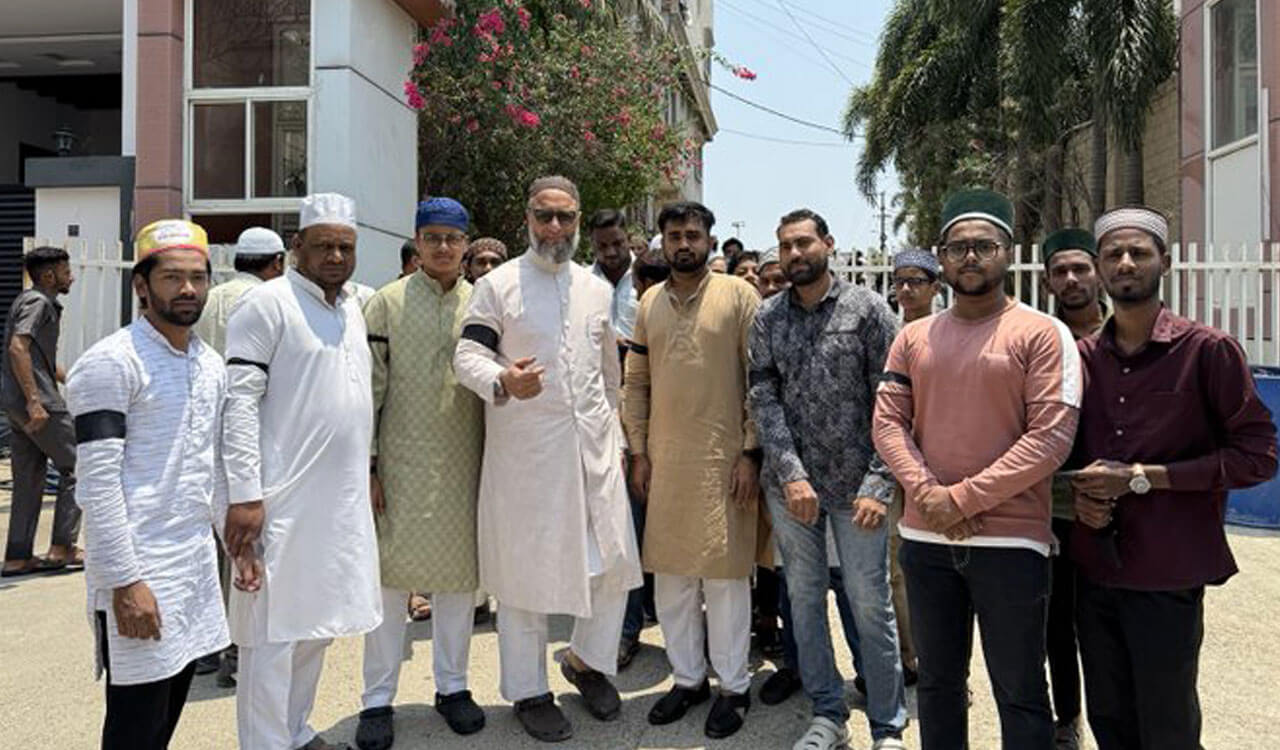
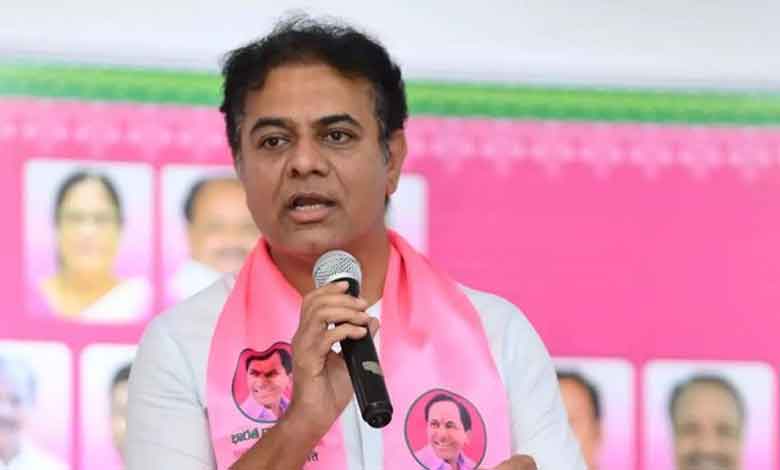
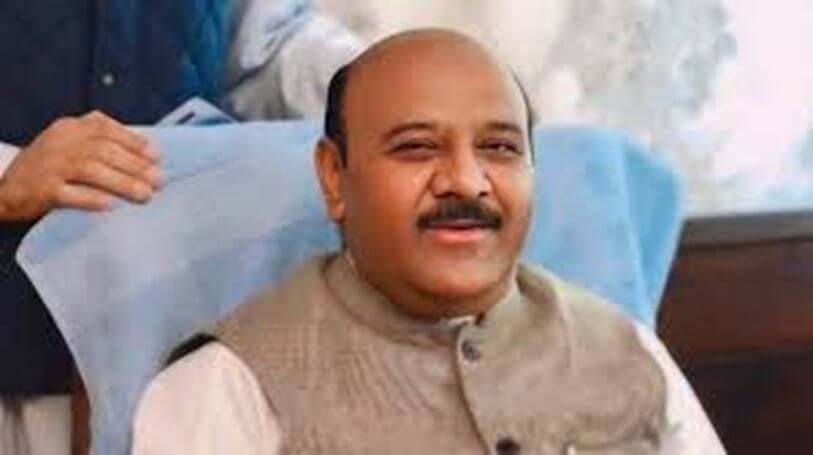
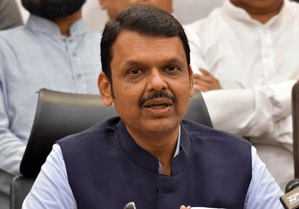

.jpg)
.jpg)
.jpg)

















